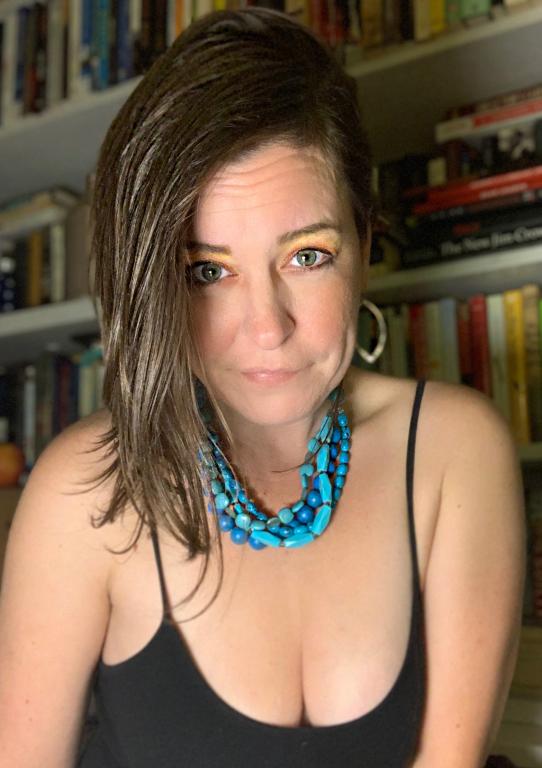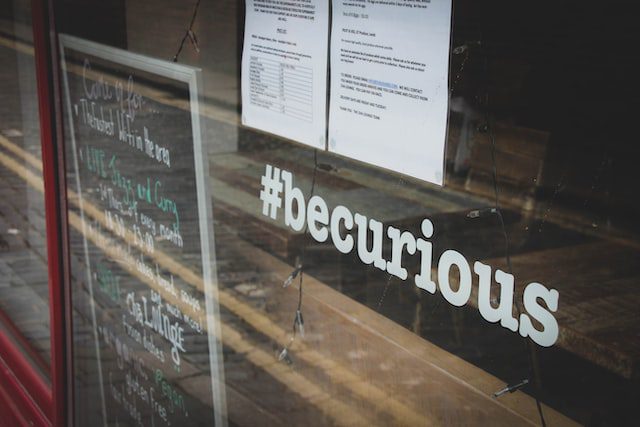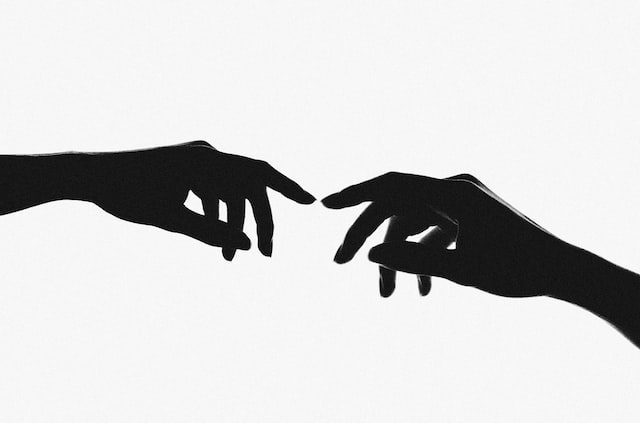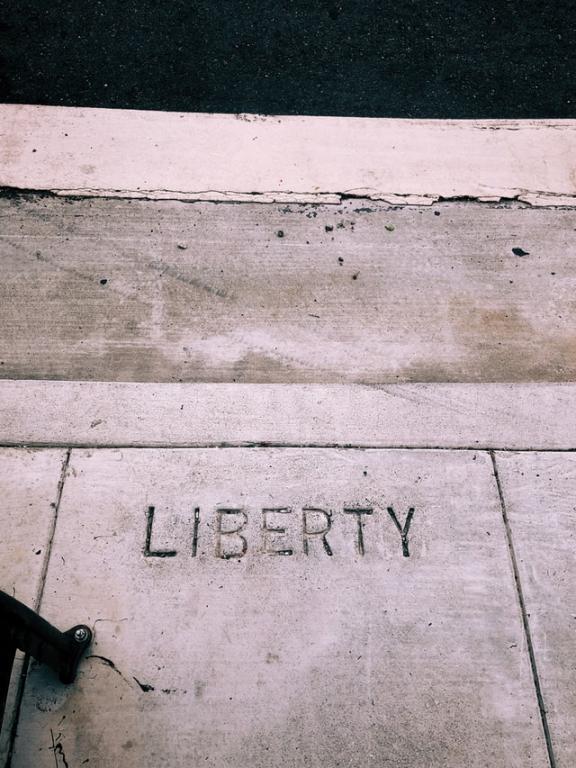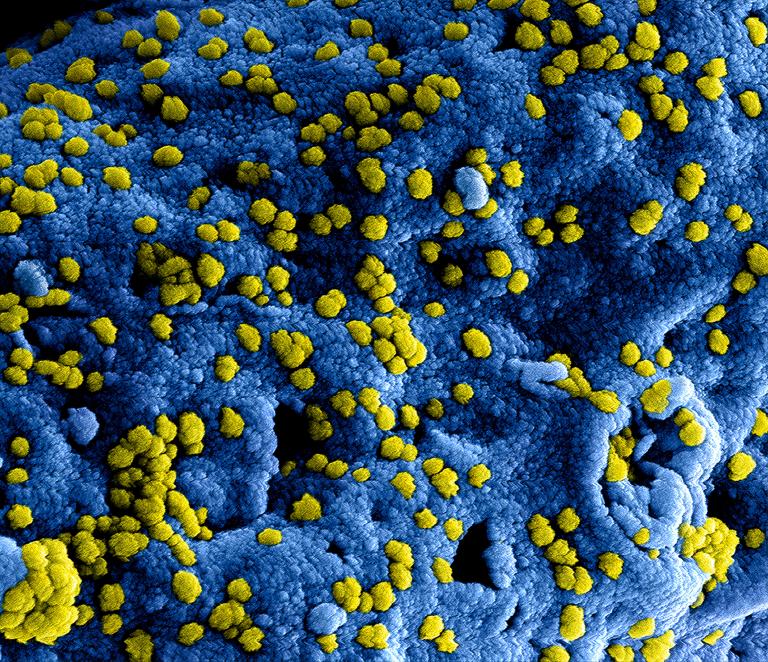
Just in case you have been living in complete isolation (and are therefore probably safer than the majority of the population), there is a global pandemic affecting us. Coronavirus or COVID-19 has been infecting the world for the last 60 days. First reported in Wuhan, Hubei, China in late December 2019, the virus has made its way across the globe.
As of today, 22 countries have called for the closing of public schools and universities. Today, according to the CDC, there are just over 1,200 cases confirmed in the United States with a report of 36 deaths. Last night, President Trump announced a flight-travel ban from the US to Europe. The world is preparing for a lock-down and governments around the globe are waiting for tripwires to help agencies respond appropriately. From a surface-level view, governments and agencies, including the administration of Trump’s White House, are responding as best they can, given the information they have. Even the governor of California, Gavin Newsome extended praise of Trump.
The good news is that more people are recovering from the virus than are dying. Even better is that children seem to be the least at risk for infection, although they are active carriers. The bad news is that you can be a carrier and appear unaffected. Even worse is the news that we have limited testing available and the tests are expensive. Tragically, those who are dying are what our society considers the most vulnerable: the elderly population. Hit the hardest are those with compromised immune systems and those over the age of 65.
Based on the findings, it is almost inevitable that we will all become infected by Coronavirus this year. And even if a vaccine is discovered, it could take up to 18 months before circulation of that vaccine begins. Despite the best conditions, the quarantines, and individual decisions to remain isolated, there’s just no stopping this. The NBA and the NHL have decided to suspend their seasons, Seattle has been quarantined, Italy is on complete lock-down, and Tom Hanks and Rita Wilson just announced they are infected with the virus, which may have been contracted in Australia.
The stock market’s so-called circuit-breaker was tripped twice in four days, something we haven’t experienced since 1997. To calm the fears and protect the economy, the Federal Reserve announced that they would inject $1.5 trillion of temporary liquidity to prevent a sharper economic contraction. It’s been a hell of a year this first quarter of 2020.
So, given the current global pandemonium, we are facing a true test of not only our faith but our tolerance—and not just our immune tolerance. Economies could crash. Industries could fail, and we could all be relying on Amazon to ship us bidets because toilet paper is becoming a rare commodity.
Never Let a Crisis Go to Waste
We know, or should know by now, that the media [and the government] will take full opportunity to profit from such panic. Now is the perfect time for collective manipulation of fear. So, what should we do?
Let’s start by refusing to participate with any scapegoat theories. Trump is not to blame—nor are the Chinese, nor climate change. This is a wake-up call for all of us. We were already facing a medication shortage and still, we did nothing—that is the world did nothing—to prepare and take preemptive measures to deter a massive catastrophe. Lack of preparedness is still not a reason to point fingers, sever connections, nor create massive mountains out of molehills.
This isn’t a genetically modified virus, no one intentionally released it to cull the population, and the Illuminati is not stashing rich elites behind fallout shelters. But people are allowing their fears to get the best of them. Even the “awakened” contemplatives and mystics of our time are forgetting their meditation practices and instead are hopping on their social media accounts to share in the apocalyptic anxieties.
The pressure is on for everyone to make a statement about what is happening. Narrow-minded, pseudo-Christian posturing that equates this outbreak to the “end of days” provides some relief for those who believe they are the elected and will receive an eternal inheritance, but their messages should be ignored. God is not punishing the world. God is not sending out an army of angels, and the Messiah is not going to appear on 4/20. Let’s be more mindful about our words, shall we?
What is taking place is that Mother Nature is doing what she does best: chaos. Jesus showed us 2,000 years ago how to prepare for chaos. It seems we haven’t learned a damn thing. The phrase “fear not” or “Be not afraid” is said to be referenced over 100 times in the King James Bible. Fear is often the real enemy of any threat. Knowing all of this, why do we still choose fear and what does that do to our immune system? Not only that, but how does fear affect our levels of compassion?
Gabor Maté, M.D. is a physician, public speaker, and award-winning author. In his book When the Body Says No: Exploring the Stress-Disease Connection, he writes that “Our immune system does not exist in isolation from daily experience…Loneliness has been similarly associated with diminished immune activity in a group of psychiatric patients…Physiologically, emotions are themselves electrical, chemical and hormonal discharges of the human nervous system. Emotions influence—and are influenced by—the functioning of our major organs, the integrity of our immune defences and the workings of the many circulating biological substances that help govern the body’s physical states.” (6-7)
Fear is bad for our immune system. Given the compromising conditions of the world, fear is not a remedy. If we also consider the grand scale of social isolation and the mounting data of depression rates in not only young adults but also the elderly, it’s beyond necessary that we remain calm and carry on.
Easy for me to say, right? Easy for the rich, white, privileged people of the country, am I right? No. It’s not easy, because COVID-19 doesn’t care about wealth or skin tone, nor ethnicity or nationality, nor gender. Coronavirus is not racist or xenophobic by any means.
Travel bans, country and state quarantines, and the closing of schools, not to mention the call to socialize as minimally as possible, will put us in temporary isolation that will feel like hell to many. We should be considerate of how isolation alone affects people. What’s more, we should be considerate of those who are trying really hard to act as if they are not afraid by making jokes and taking this “too lightly.” People will all deal with the ramifications of this spread differently. So, while many are allowing their hyper-sensitivities to take over, many others are trying their best by acting brave.
Our emotions will take a toll on us. The empaths are going to feel a blow to their compassion levels, I imagine, given their innate nature to feel what others feel. With global panic, the feelings are heavy and are in no short supply —unlike face masks, toilet paper, and hand sanitizer.
Fear or Faith?
Jesus once asked, “Why are you so afraid? Do you still have no faith?” (Mark 4:40) The disciples were fearful of the storm and Jesus was calm, cool, collected, asleep on the boat. Before posing the question, “Jesus got up and rebuked the wind and the sea. ‘Silence!’ he commanded. ‘Be still!’ And the wind died down and it was perfectly calm.” (Mark 4:39)
I recall a few months back; I was battling my own passage through a storm and I learned how to welcome it with open arms—as a gift. A truly challenging practice that I implemented in my life that has offered great relief during high-stress times. Receiving this as a gift. “But surely, hundreds of thousands of deaths are no gift!” Of course not. But when I think of the unifying measures that the entire world has taken to treat, heal, and save people, I cannot help but see the potential. This is the moment in time where we do have a chance to “be on the right side of history” by not freaking the fuck out!
Whether or not Jesus literally calmed the storm is of no importance. What he said is what matters to me. “Silence! Be Still.” Ask yourself when is the last time you were silent and still? This is a storm, and storms end. For now, it looks like the storm will last a season or two, but that doesn’t mean there is no end in sight. Perhaps we should all consider the rebuking Jesus gave to the wind as a rebuking to us and our fears?
We must not let go of our practice to listen in the silence. To be still means that we are not only being mindful, but we are open to being compassionate. Coronavirus has led to death, but pandemics are known to lead to the death of compassion, too. When we are filled with fear, anxious and overzealously reactionary, we have limited energy for the consideration of others. The toilet paper incident in Australia is proof of that.
It’s hard to be compassionate and considerate to others when you have your own needs to consider. It’s hard to offer understanding and empathy to another when we are worried that our aging parents and grandparents could die this year. My grandson is immunocompromised. I understand why people are worried, the risk is high and personal for all of us, but I urge you to reduce your worries as fast as humanly possible.
It’s especially difficult to remain faithful and hopeful when, as with all things in the last decade, the pandemic is politically charged. How it has become a political concern still baffles me. A virus is not concerned with civility nor politics and considering this is a new virus that the experts have been trying to cure for a few years now, it seems to me that this is beyond politics. This is not a case to be made for universal health care or Medicare For All. This is not a reason to shun your neighbors more than you have already because “they voted for this mess.” Nobody voted for the COVID-19.
I realize there are many criticisms to extend all over the government branches, whether it be how information was delivered, how the agencies responded to direct questions, and even the snarky commenting and tweeting of elected officials that initially dismissed the concerns of this virus. Hold that shit in your heart and realize that making statements about it or creating arguments about whether it was right or wrong is really just a waste of energy and compromising to your health. It’s not worth stressing out over what has come to pass. Focusing on the present moment is really going to be beneficial to all of us.
The media is going to put out all the stops to keep us listening and viewing and retweeting. Especially more so since effectively hundreds of millions of people across the world are sheltered in their homes and spending more time scrolling platforms. The competition will be high for the viewership numbers to make media outlets look good. There really is a lot of fake news out there and being conscientious of not spreading more of it around would be fruitful.
If the Spanish Flu taught us anything, it was that in times of crisis, if we don’t hold on to our faith and search deep for inner strength when we are feeling weak, this moment in time will be all but forgotten. Why do I say that? As David Brooks pointed out in The New York Times, “…One of the puzzling features of the 1918 pandemic. When it was over, people didn’t talk about it. There were very few books or plays written about it. Roughly 675,000 Americans lost their lives to the flu, compared with 53,000 in battle in World War I, and yet it left almost no conscious cultural mark…Perhaps it’s because people didn’t like who they had become. It was a shameful memory and therefore suppressed. In her 1976 dissertation, “A Cruel Wind,” Dorothy Ann Pettit argues that the 1918 flu pandemic contributed to a kind of spiritual torpor afterward. People emerged from it physically and spiritually fatigued. The flu, Pettit writes, had a sobering and disillusioning effect on the national spirit.”
Let us cling to faith if we must cling to anything at all. Leave the fatalism for the dystopian novels and apocalyptic movies. Humanity may not have prepared for the pandemic, despite Bill Gates’ warnings, but humanity is capable of letting compassion win out over the chaos. Compassion may be the first step toward the cure.

